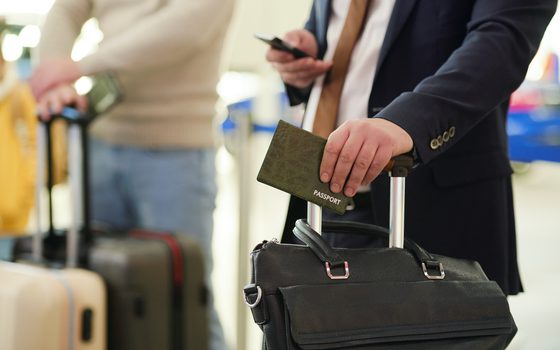Netting zero
What does a just transition look like for our fishing industry?
26 September 2019
The IPPC special report on oceans and the cryosphere was released yesterday. It shows clear evidence that the climate crisis is attacking our oceans. They are our planet’s life-support system, and healthy oceans can store huge amounts of carbon. This means that the oceans can help fight back against climate change, but they also suffer the consequences. The UK is committed to becoming a net-zero carbon economy by 2050 with calls to move this forward. With over 7500 miles of coastline, restoring the oceans should be a clear priority. However there are many ways of getting to net-zero by 2050, and not all of them are equally fair for people and planet.
Like the oceans themselves, the fishing industry has a cause and effect relationship with climate change. Like cars on our roads, commercial fishing boats rely on fossil fuels and emit greenhouse gases. Car companies are electrifying their fleet, but the same energy and imagination has not hit home for ship builders.
The fishing industry is also feeling the effects of climate change as ocean heating is causing fish populations to shift north, sometimes outside of those areas where a given country is allowed to catch them. What’s worse, this shift creates a feedback loop whereby boats travel further to reach fish, stay at sea longer, and emit more carbon in the process.
To achieve a zero carbon transition for the fishing industry, there are many scenarios. The first is to shut down fisheries tomorrow. This would reduce emissions from UK fisheries to zero. It would also allow fish populations to recover, and new research shows that ending overfishing can mitigate the impacts of climate change. Of course this is a horrible idea, first because fishing communities will lose their income and second because fish from sustainable sources can be in important source of protein in a low-impact food system.
The second option is what Naomi Klein would call “disaster capitalist”. We continue business as usual, overfishing some species to extinction, subsidising fuel for fishing boats and destroying the oceans in the process. Industry profits will continue to grow in the short term as we deplete the seas. To achieve the 2050 goal, we would invest in large-scale offsetting schemes overseas — most likely in the Global South — to nullify our carbon emissions on paper. This is at least as bad as option one, as it does not change the economic system or address the root causes of the climate crisis. What’s worse, the UK offloading their carbon emissions to the Global South through overseas offsetting schemes has very troubling imperialist and resource-colonial tendencies that would make existing inequalities worse.
The third option: transform the UK fishing industry in a way that has fairness and social justice at its heart, that reduces emissions from fisheries and strengthens the ocean’s ability to store carbon, and that does not dump our inflated emissions on the rest of the world. This requires transformative policies in several areas.
- Limit fishing so that fish populations can rebuild and become more resilient. Just as a healthy person is more resilient to a new virus, healthy oceans are more resilient to climate stress. For the UK, this means setting fishing quotas within ecologically safe limits. But our research shows that the UK is among the worst offenders of setting fishing limits above scientific advice in the North Atlantic. This must change, starting with the fishing quotas for 2020 that will be set this December.
- Change who gets to fish — end fuel subsidies and allocate fishing quota to more fuel efficient fishing methods. Fish from healthy populations caught by low-impact methods will be an important low-carbon source of protein as we move our diets away from meat and dairy. But other fisheries destroy the ocean floor and important habitats like kelp forests for private gain, where sediments and seagrass could otherwise grow and capture carbon.
- Build local markets for fish caught in the UK. We currently export most fish that we catch and import most of the fish that we eat. A sustainable food system relies heavily on regionally sourced foods. Being a country where the longest distance to the coast is just under 85 miles, the UK can certainly deliver that for seafood.
Clearly, option three is the only option that delivers net-zero fisheries in a socially and economically just way, that prioritises resilience over blind private profit seeking, and that thereby provides a long-lasting renewable source of low-impact protein for people living in the UK. This article is about fisheries, but the issue is the same for other industries going carbon-neutral: just because you have a transition doesn’t mean that it is just. We need to choose option three.
Campaigns Fair, sustainable fishing






